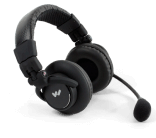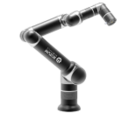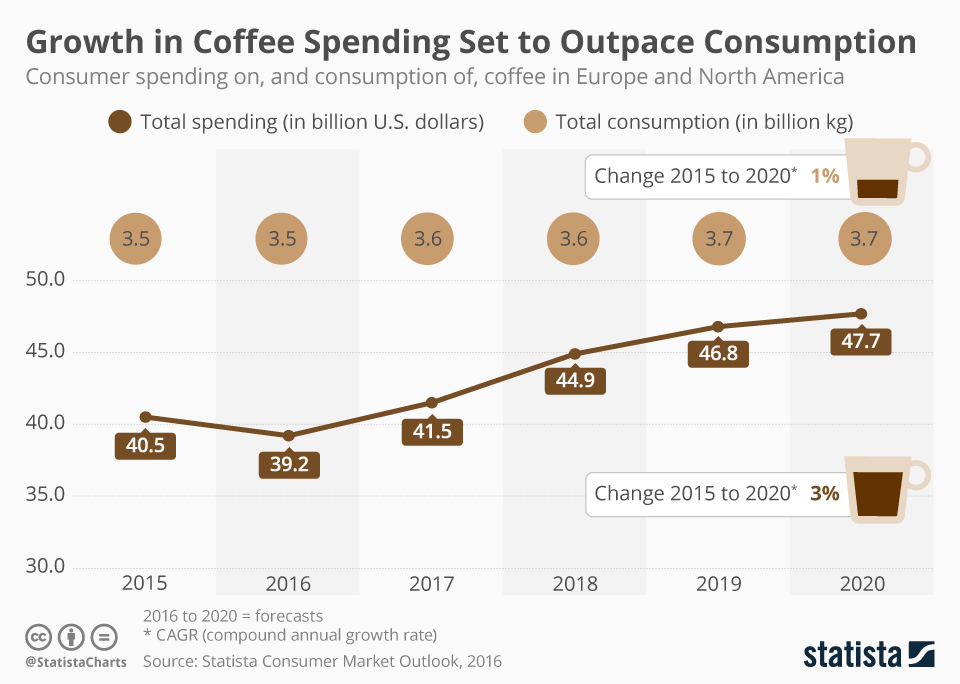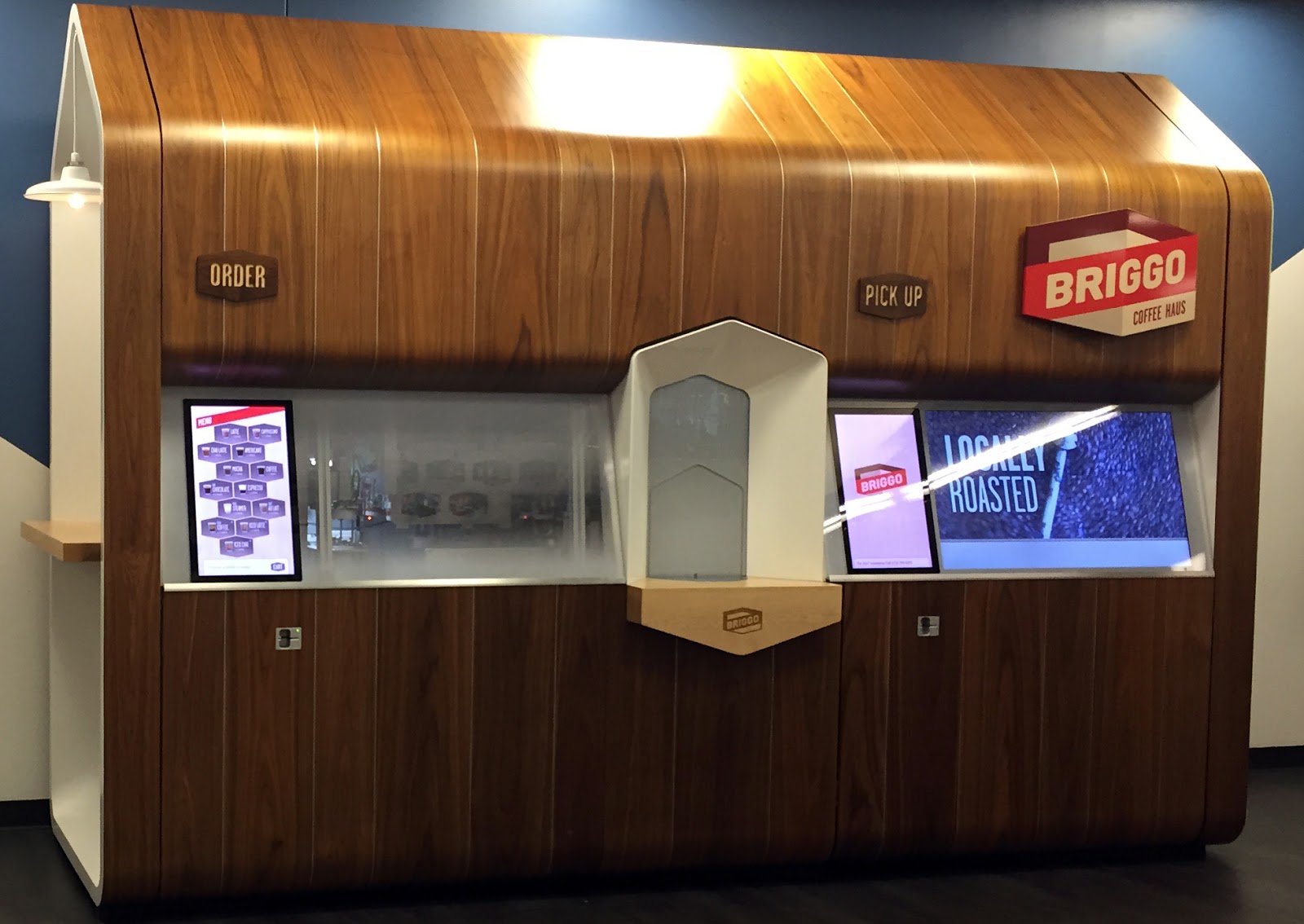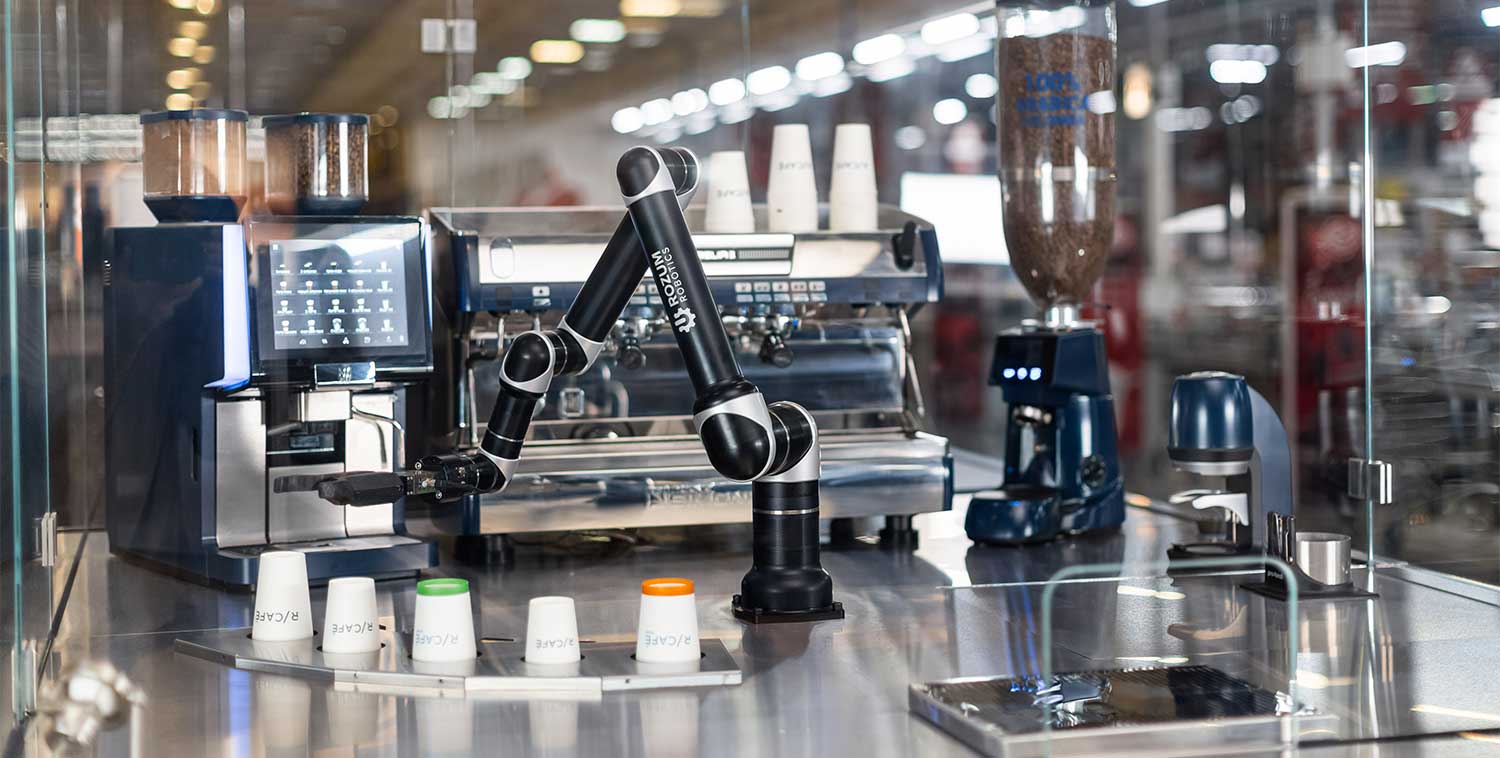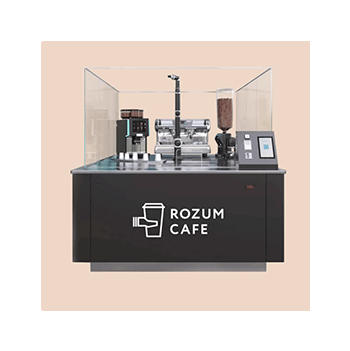- Company
- Products
- Blog
-
Rozum Café
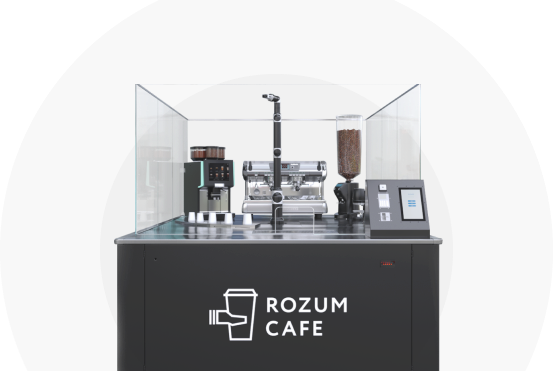
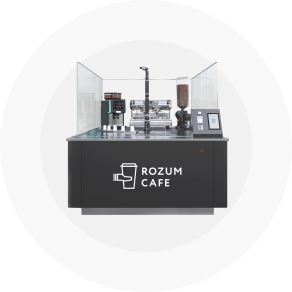
Rozum Café
The 1st coffee solution developed around a robot barista. The robot brews great coffee 24/7 and needs less than 3 min for a cup. It’s a reliable business with a ROI period that is under 9 months.
Coffee solution developed around a robot barista.
Visit Website
